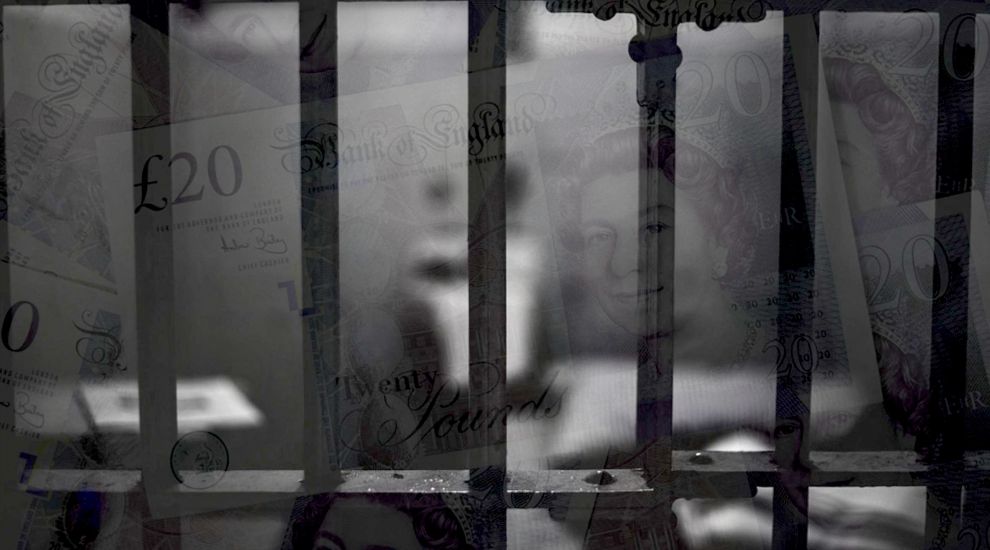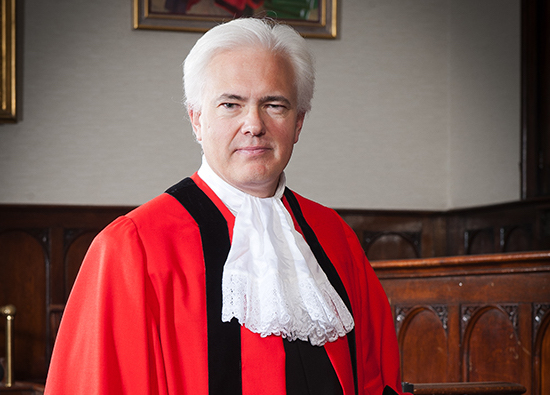

Over £50,000 held in a Jersey account by the convicted mastermind of an “elaborate” international fraud, involving stealing the assets and identities of more than 250 people, has been seized.
The confiscation was made possible thanks to the efforts of Jersey’s Attorney General and Law Officer’s Department working in tandem with international authorities to enforce a US Forfeiture Order.
The funds belonged to Michael David Reid, who is currently serving time in New Jersey Prison, Fort Dix.
Reid – a British and Canadian passport holder – had been living in Bogota, Colombia, when he engaged in what was described as “an elaborate scheme to steal money from account holders at various financial institutions.”

Pictured: Attorney General Robert MacRae.
Along with co-conspirators, Reid targeted people living in Venezuela and other countries between 2005 and 2007, and would launder the stolen money through accounts in the US.
He was arrested by the Colombian authorities, and was extradited to the US where he faced money laundering charges.
In 2009, he pleaded guilty to one count of conspiracy to commit money laundering and was subsequently sentenced in Florida to 168 months’ imprisonment followed by 36 months’ supervised release. In November that year, the United States Court imposed a Forfeiture Order against him in the sum of $1million.
With Reid having £50,000 of his assets banked in Jersey, the local Law Officer’s Department worked to enforce a forfeiture order in 2017. Reid argued against it, but the Royal Court did not accept his concerns, believing him to be “effectively attempting to relitigate his case” in a different court setting.

Pictured: The Royal Court ruled in favour of asset seizure.
The money seized will now go into Jersey’s Criminal Offences Confiscations Fund.
Describing Reid’s chosen method of fraud - identity theft - as “particularly unpleasant”, Attorney General Robert MacRae QC commented: “This case again reinforces Jersey’s commitment to tackling corrupt practices and demonstrates that Jersey is no place to hide the proceeds of crime. It also shows that in enforcing overseas Orders, the Royal Court will not allow itself to be drawn into re-litigating an overseas criminal case.”
Comments
Comments on this story express the views of the commentator only, not Bailiwick Publishing. We are unable to guarantee the accuracy of any of those comments.